A study leveraging transsynaptic tracing demonstrates rapid and extensive integration of human glioblastoma organoids into the mouse brain.
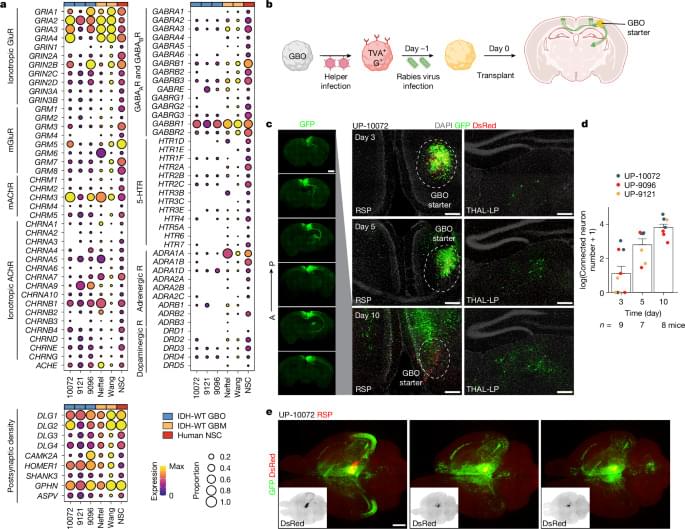


Imagine never charging your phone again or having a pacemaker that lasts a lifetime. Scientists are developing tiny nuclear batteries powered by radiocarbon, a safe and abundant by-product of nuclear plants.
Unlike lithium-ion batteries, which degrade over time and harm the environment, these new designs use beta radiation to trigger an electron avalanche and generate electricity. The team’s latest prototype vastly improved efficiency, and though challenges remain, the technology could one day make nuclear power as accessible as your pocket device.
The Problem with Current Batteries.
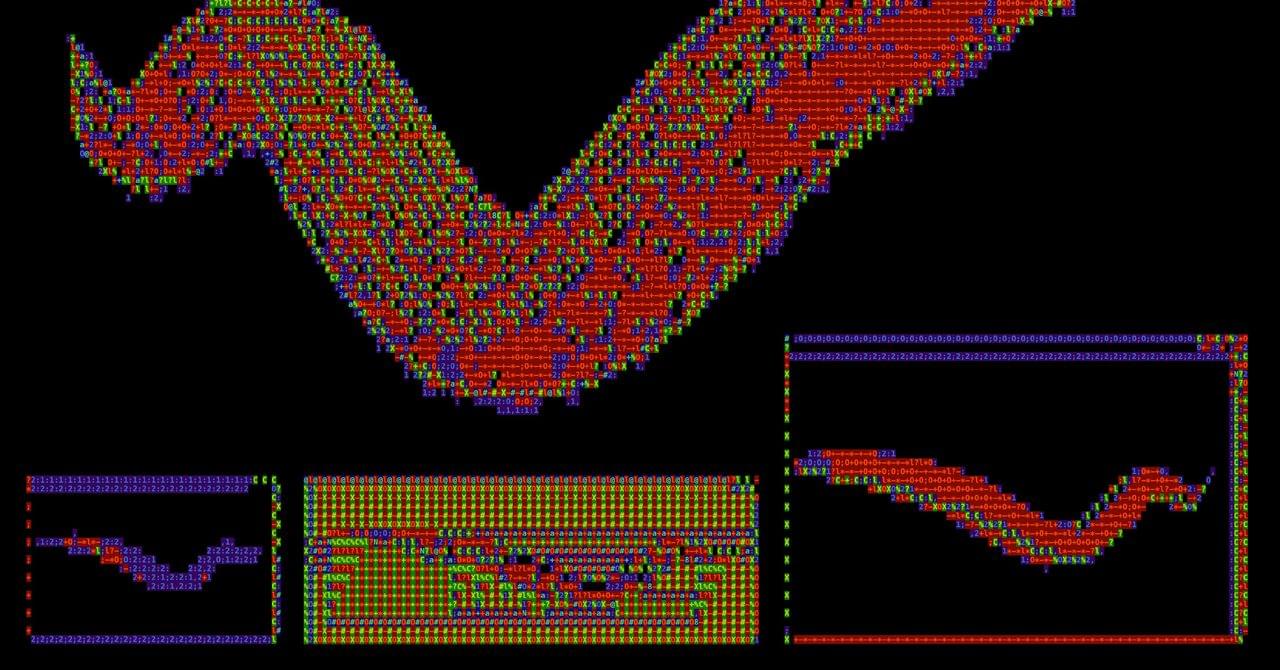
By way of an answer, I’ll offer one of the physicist Richard Feynman’s most famous dictums: What I cannot create, I do not understand. For much of its history, biology has been a reductionist science, driven by the principle that the best way to understand the mind-boggling complexity of living things is to dissect them into their constituent parts—organs, cells, proteins, molecules. But life isn’t a clockwork; it’s a dynamic system, and unexpected things emerge from the interactions between all those little parts. To truly understand life, you can’t just break it down. You have to be able to put it back together, too.
The C. elegans nematode is a tiny worm, barely as long as a hair is wide, with less than a thousand cells in its body. Of those, only 302 are neurons—about as small as a brain can get. “I remember, when my first child was born, how proud I was when they reached the age they could count to 302,” said Netta Cohen, a computational neuroscientist who runs a worm lab at the University of Leeds. But there’s no shame in smallness, Cohen emphasized: C. elegans does a lot with a little. Unlike its more unpleasant cousins, it’s not a parasite, outsourcing its survival needs to bigger organisms. Instead, it’s what biologists call a “free-living” animal. “It can reproduce, it can eat, it can forage, it can escape,” Cohen said. “It’s born and it develops, and it ages and it dies—all in a millimeter.”
Worm people like Cohen are quick to tell you that no fewer than four Nobel Prizes have been awarded for work on C. elegans, which was the first animal to have both its genome sequenced and its neurons mapped. But there’s a difference between schematics and an operating manual. “We know the wiring; we don’t know the dynamics,” Cohen said. “You would think that’s an ideal problem for a physicist or a computer scientist or a mathematician to solve.”
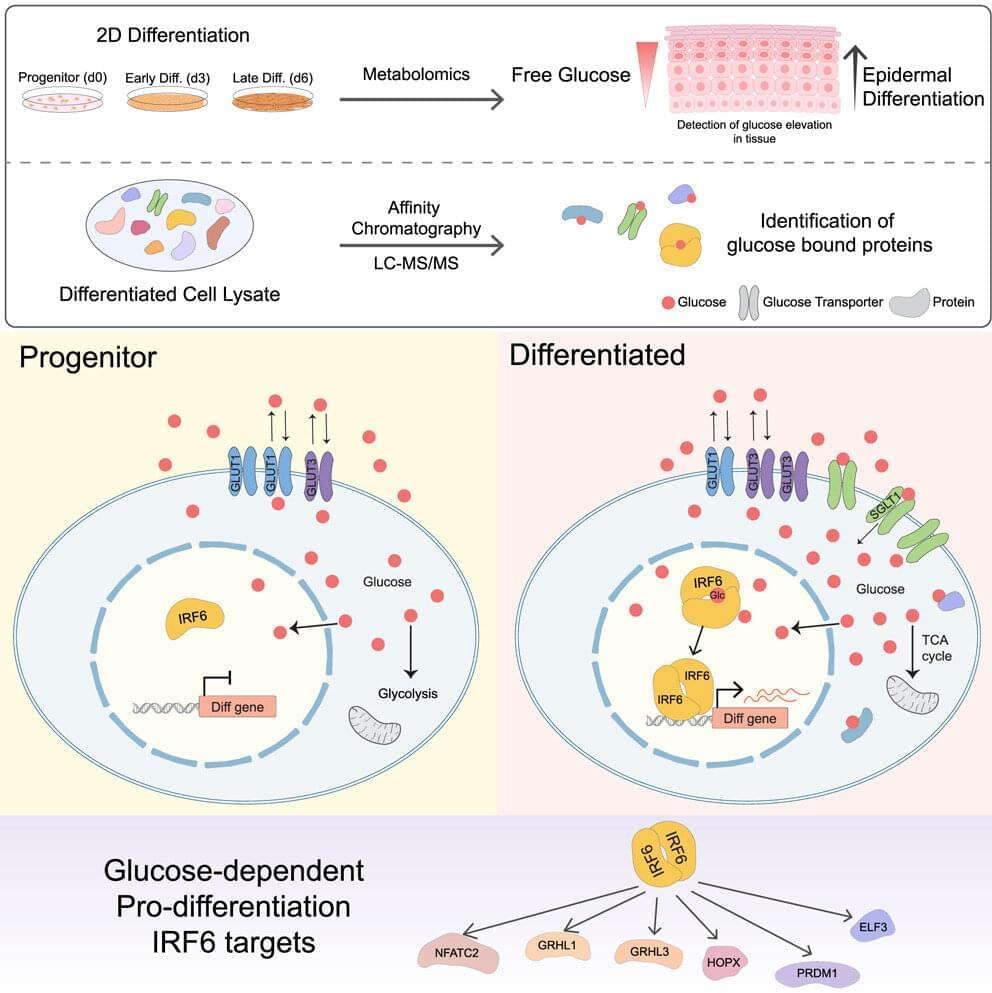
The sugar glucose, which is the main source of energy in almost every living cell, has been revealed in a Stanford Medicine study to also be a master regulator of tissue differentiation—the process by which stem cells give rise to specialized cells that make up all the body’s tissues.
It does so not by being catabolized, or broken down, to release the energy sequestered in its chemical bonds, but instead by binding in its intact form to proteins that control which genes in the genome are made into proteins and when.
The discovery of glucose’s undercover double life was so surprising the researchers spent several years confirming their findings before publishing their results.

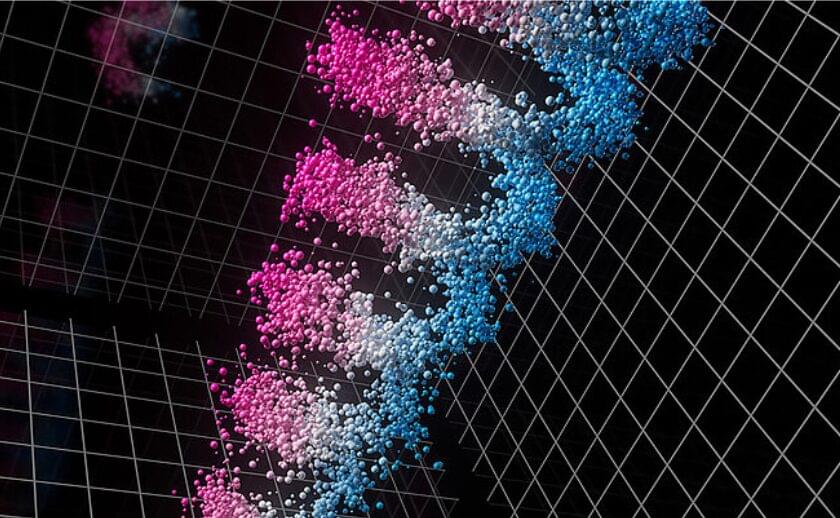
To detect the quantum tornado in momentum space, the Würzburg team enhanced a well-known technique called ARPES (angle-resolved photoemission spectroscopy). “ARPES is a fundamental tool in experimental solid-state physics. It involves shining light on a material sample, extracting electrons, and measuring their energy and exit angle. This gives us a direct look at a material’s electronic structure in momentum space,” explains Ünzelmann. “By cleverly adapting this method, we were able to measure orbital angular momentum. I’ve been working with this approach since my dissertation.”
ARPES is rooted in the photoelectric effect, first described by Albert Einstein and taught in high school physics. Ünzelmann had already refined the method in 2021, gaining international recognition for detecting orbital monopoles in tantalum arsenide. Now, by integrating a form of quantum tomography, the team has taken the technique a step further to detect the quantum tornado — another major milestone. “We analyzed the sample layer by layer, similar to how medical tomography works. By stitching together individual images, we were able to reconstruct the three-dimensional structure of the orbital angular momentum and confirm that electrons form vortices in momentum space,” Ünzelmann explains.

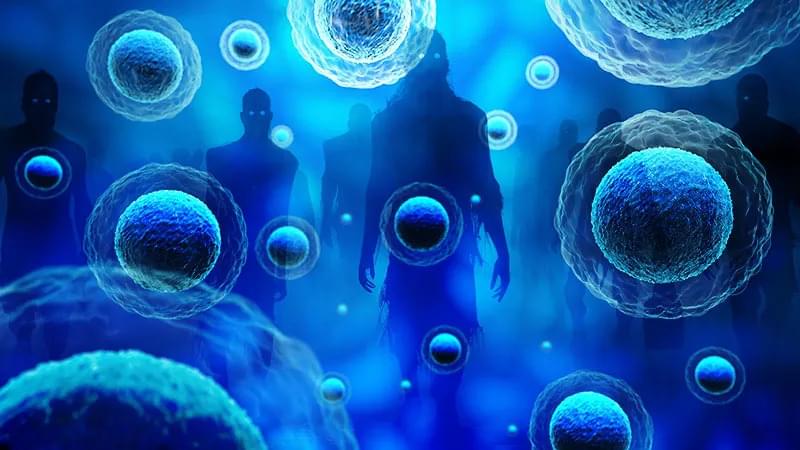
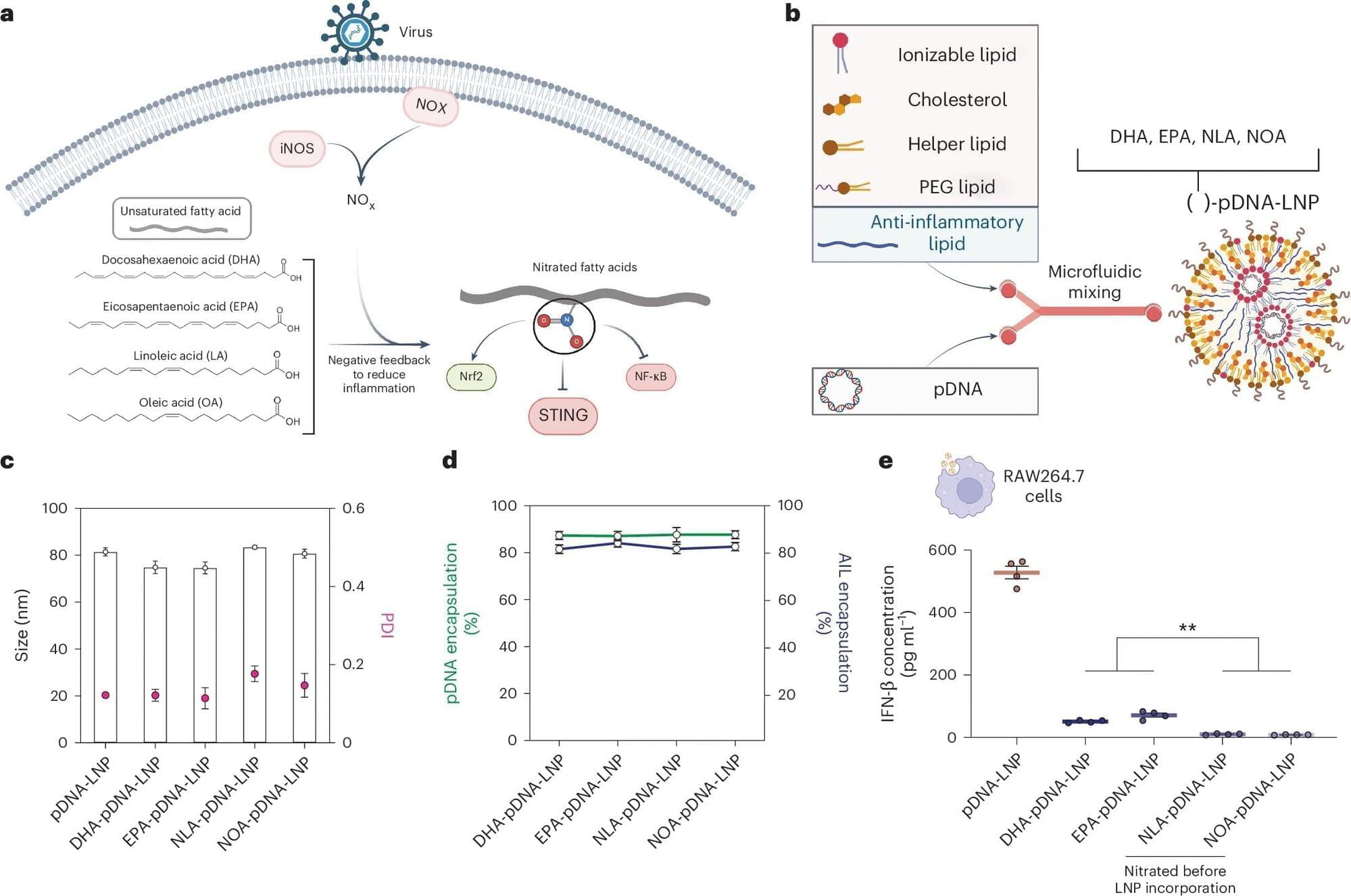
A breakthrough in safely delivering therapeutic DNA to cells could transform treatment for millions suffering from common chronic diseases like heart disease, diabetes, and cancer.
A new process that transports DNA into cells using tiny fat-based carriers called lipid nanoparticles (LNPs) developed by researchers at the Perelman School of Medicine at the University of Pennsylvania improved the process of turning on the DNA’s instructions in mice to make proteins inside cells, which is crucial in fighting disease. Signs also point to an improvement in reducing treatment risks, such as immune reactions, as compared to older DNA transfer techniques.
The team’s findings were recently published in Nature Biotechnology.
